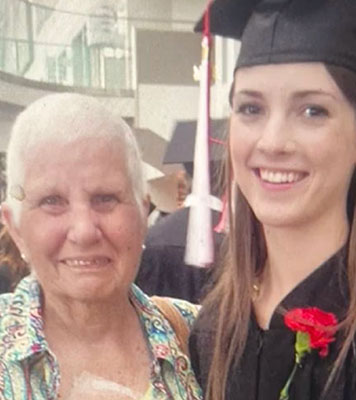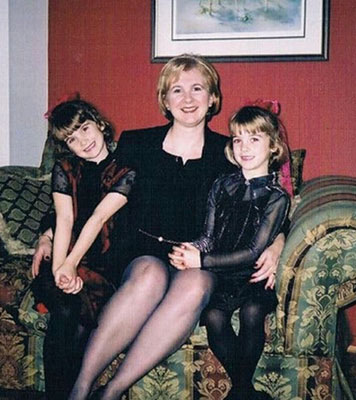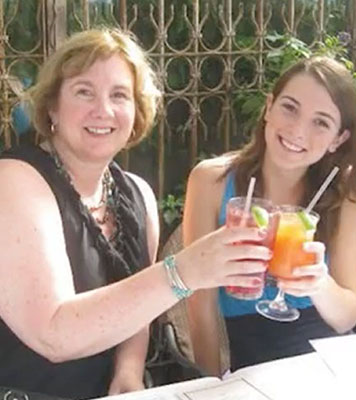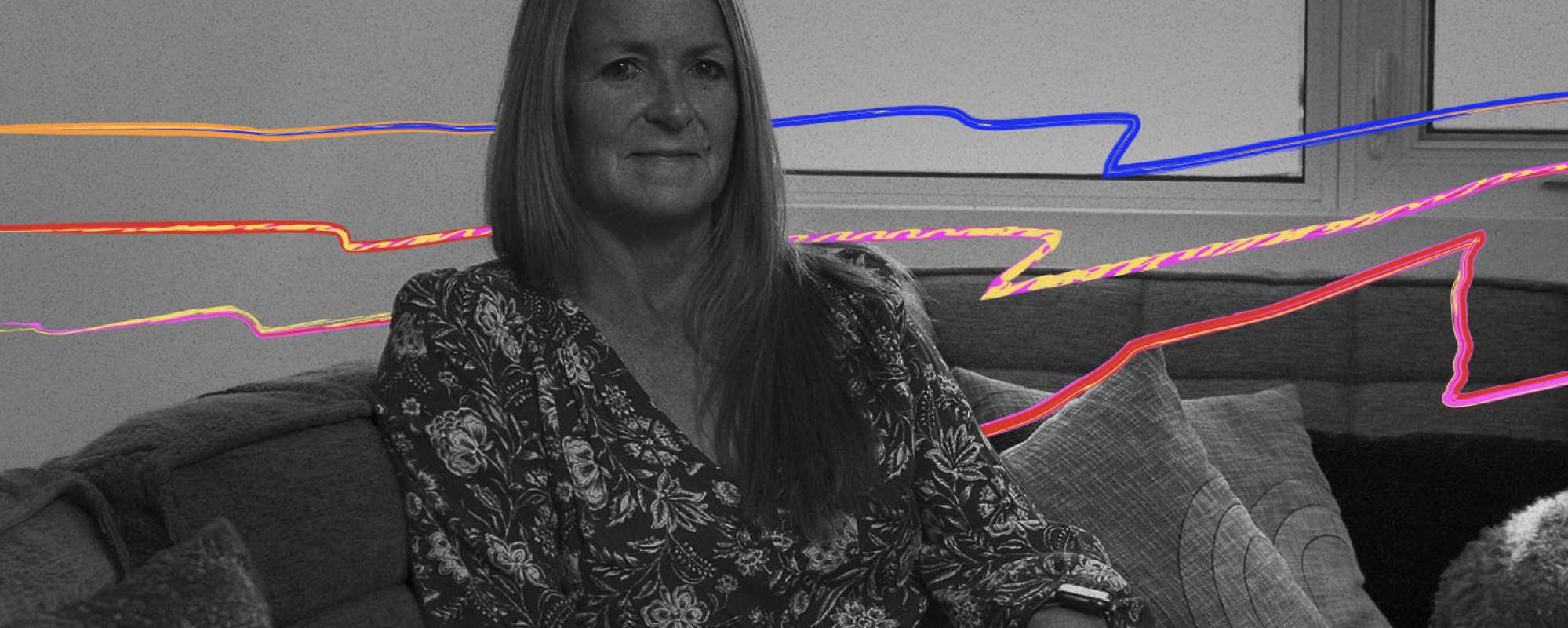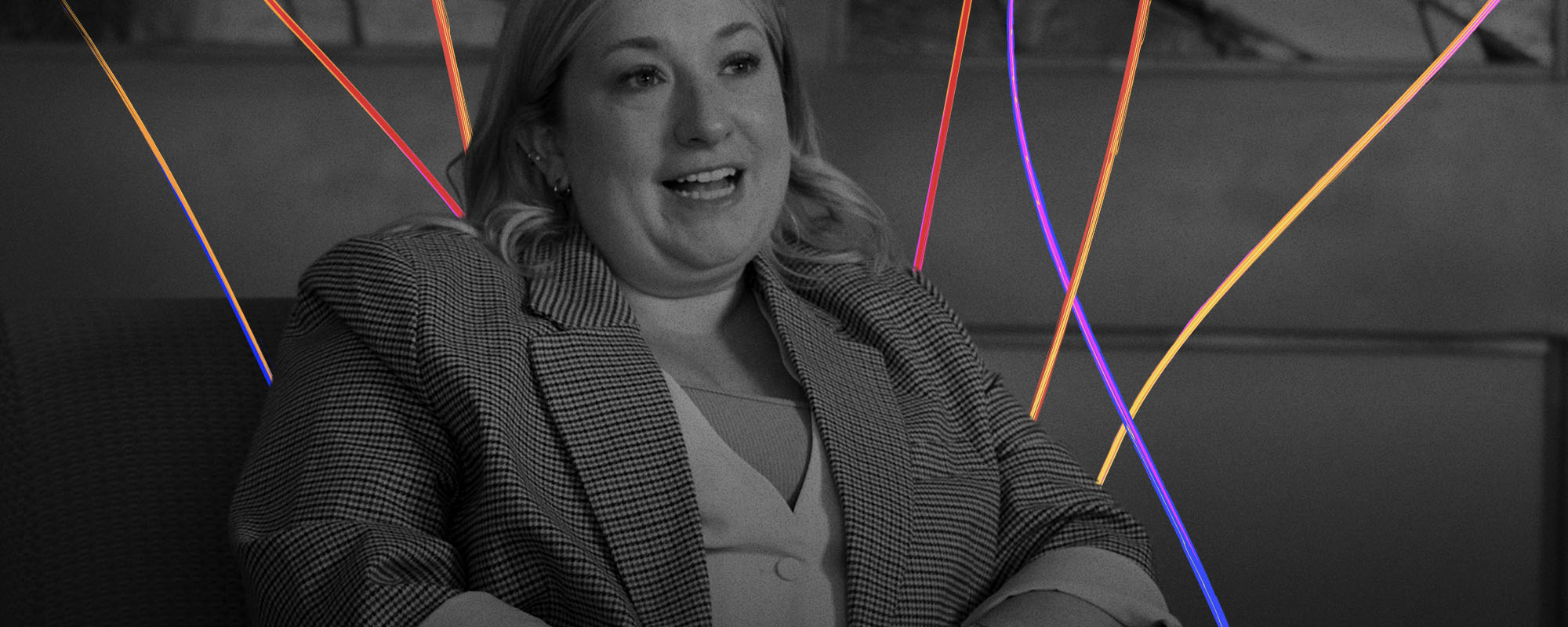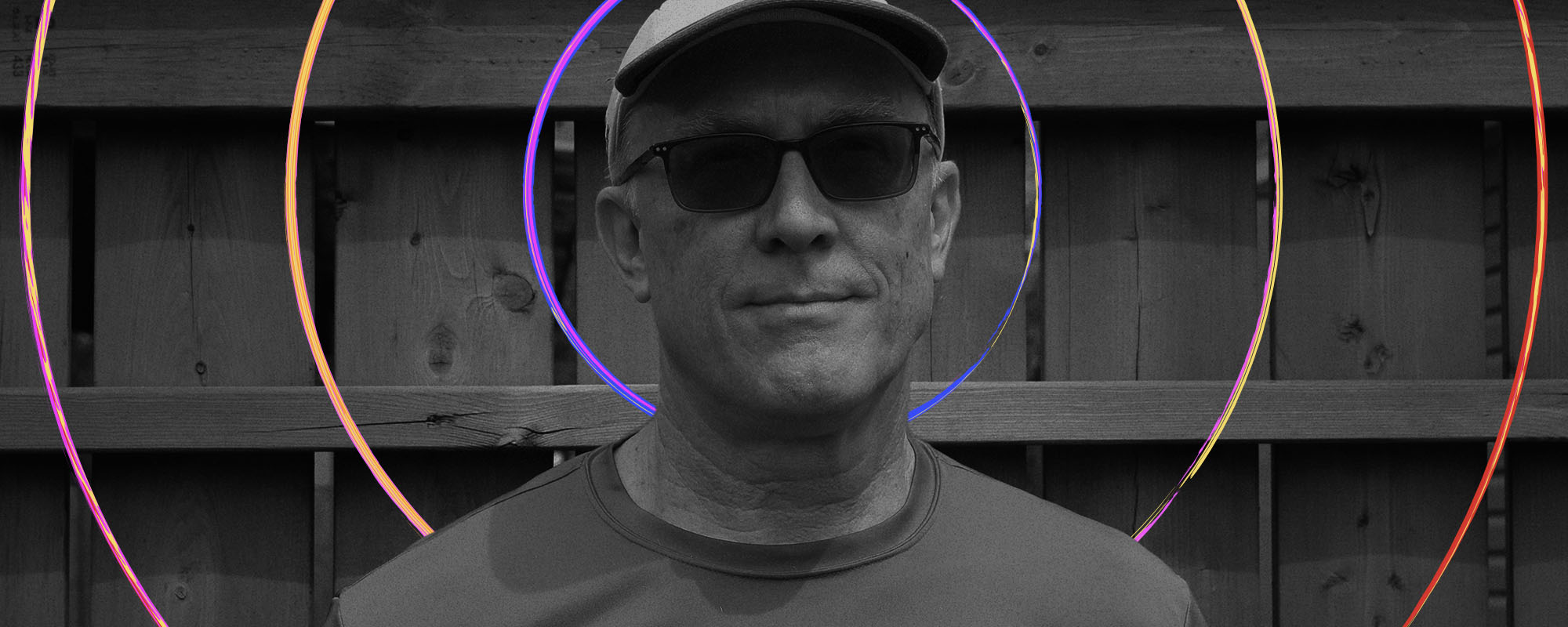Mental illness hits hard and without warning. For Julia, she felt different at just seven years old.
She experienced uncontrollable anger and would lash out, kicking and throwing things in frustration, with an intensity that she didn’t see in other kids. Even in an environment that tried to support her, Julia struggled. She watched her siblings live normal, happy lives and only felt more isolated and confused.
“I just had so much anger,” she says. “I was very aware of what was going on around me, probably more than a normal child. I had a lot of emotions. It didn’t matter that I had family around me. I felt completely alone.”
Bullying in middle school intensified the alienation and doubt that Julia felt. At a time when she should’ve been thriving, her world shrank. Her anger and depression spiked. She stopped attending school regularly.
As her illness intensified, it became harder and harder to see a way out.
The lasting impacts of mental illness
The transition to high school brought with it the potential for a fresh start. The first two years saw some moments of relief and hope.
“Grade 9 was super fun,” Julia recalls. “New friends and experiences allowed me to start fresh and write a new chapter.”
But over time, Julia couldn’t outrun her illness. By grade 11—a challenging time even for those not facing mental illness—her anxiety and depression returned. This time, she had physical symptoms that became all-consuming. Nausea from fear of bullying. Panic attacks and shortness of breath from unrelenting anxiety. She couldn’t be in school without becoming physically ill. She was eventually diagnosed with panic disorder in addition to anxiety and depression.
Dark thoughts were Julia’s constant companion.
“I thought about suicide a lot. A lot more than I even want to admit.”
While others around her grew into themselves and found their way, Julia felt more and more lost. She looked at her friends—even at her twin sister—with resentment. They had “normal teenager” experiences, worrying about boys and homework. Meanwhile, Julia found herself alone at the bottom of a dark hole, with no hope of getting out of it.
“I felt like I was walking through the halls, and I was an alien, and I could see everyone else looking at me,” Julia shares.
Julia’s suicidal thoughts intensified. She eventually believed the only way to end her despair was taking her own life.
Luckily, Julia realized she needed help before it was too late. She began treatment at The Royal when she was 17. Julia received Cognitive Behavioural Therapy (CBT) to treat her depression and panic disorder, as well as agoraphobia.

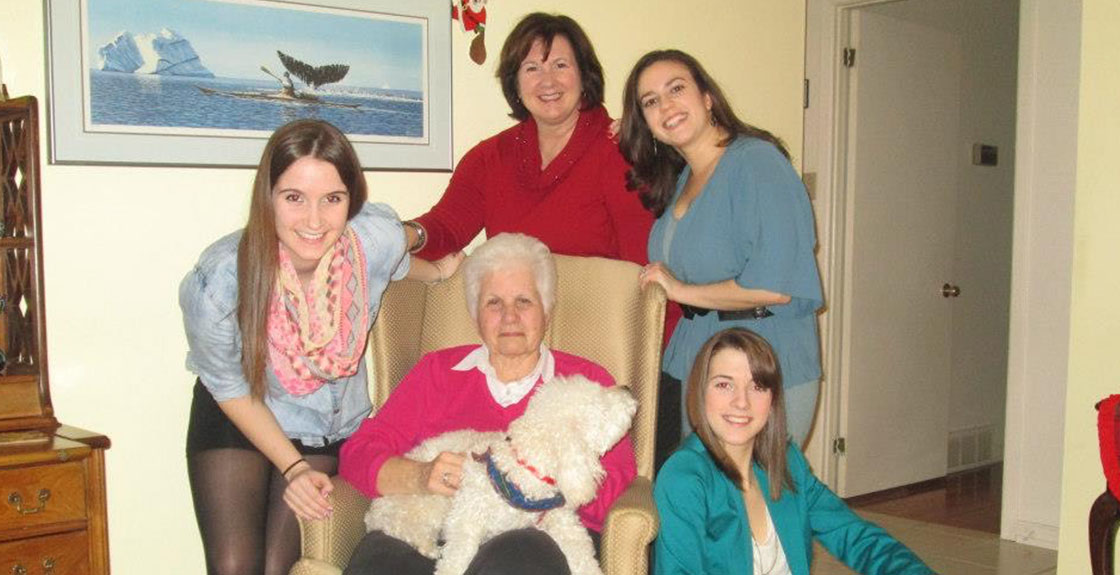
The right treatment and The Royal’s expertise
Cognitive Behavioural Therapy is a therapeutic approach that identifies and seeks to eliminate negative thought patterns. For patients with panic disorder, like Julia, anxiety and fear overwhelm the brain’s responses and influence behaviour.
CBT can train the brain to recognize destructive thought patterns and responses to help regain lost security and confidence, and to approach situations with a balanced perspective.
The Royal offers CBT across many of our clinical programs, including Mood and Anxiety Disorders, the Operational Stress Injury Clinic, our Schizophrenia Recovery Program and the Ontario Structured Psychotherapy Program, among others.
“To come here was very scary,” she admits. “Just taking that first step in the door was a really big deal. I knew at that moment my life was about to change.”
“It [CBT] taught me not to always think of the worst-case scenario which really helped with my anxiety,” Julia explains. “Slowly, I started to see that glimmer of hope. I wasn’t stuck anymore. This wasn’t the end.”
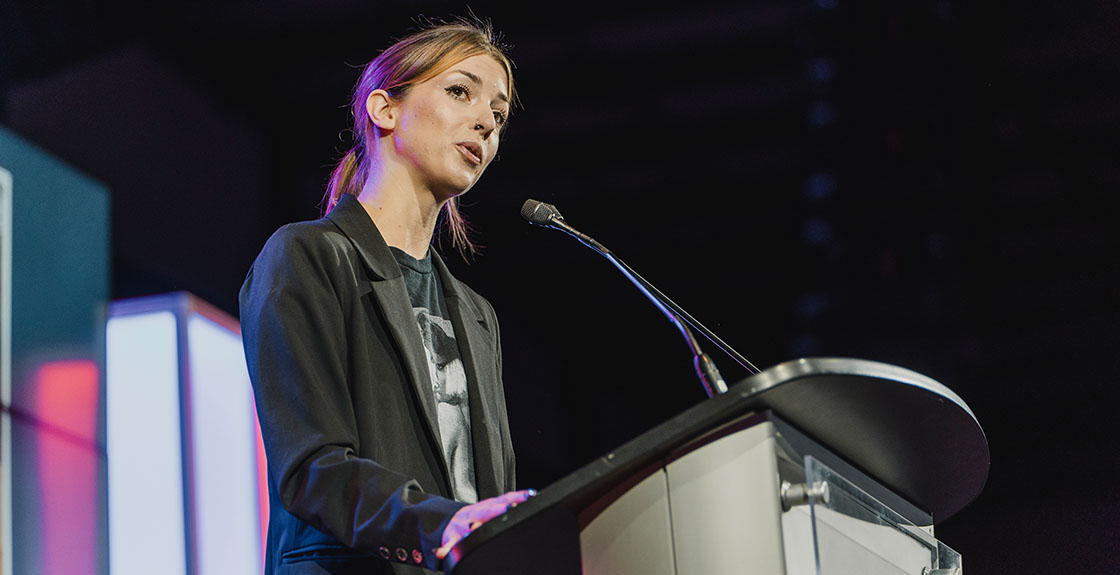
Taking back control
Today, Julia’s life looks very different.
“I feel like I’m finally where I need to be,” she says. The tools Julia learned through treatment at The Royal were essential to help her find confidence and purpose. She regularly speaks out about the challenges she faces to help others realize they aren’t alone.
“I want to be the best version of Julia for my family,” she says. “Seeking help was the scariest thing I’ve ever done. But it saved my life.”
Julia recently graduated from Algonquin College and is starting her career in public relations. It’s a life that seemed impossible before The Royal.
Her journey with mental illness has not been easy. There were setbacks. Healing takes ongoing work, but with the right tools, Julia feels more capable and confident to live the life she’s always wanted.
At The Royal, we help patients find support, community and treatment. We give patients the tools they need to reclaim the lives they deserve.

Twelve Canadians die by suicide every day. Depression will be the world’s largest medical crisis by 2030.
There is a critical need for cutting-edge research in suicide prevention. The Royal is bringing us closer to a future without suicide. Donate today to help advance this essential work.
